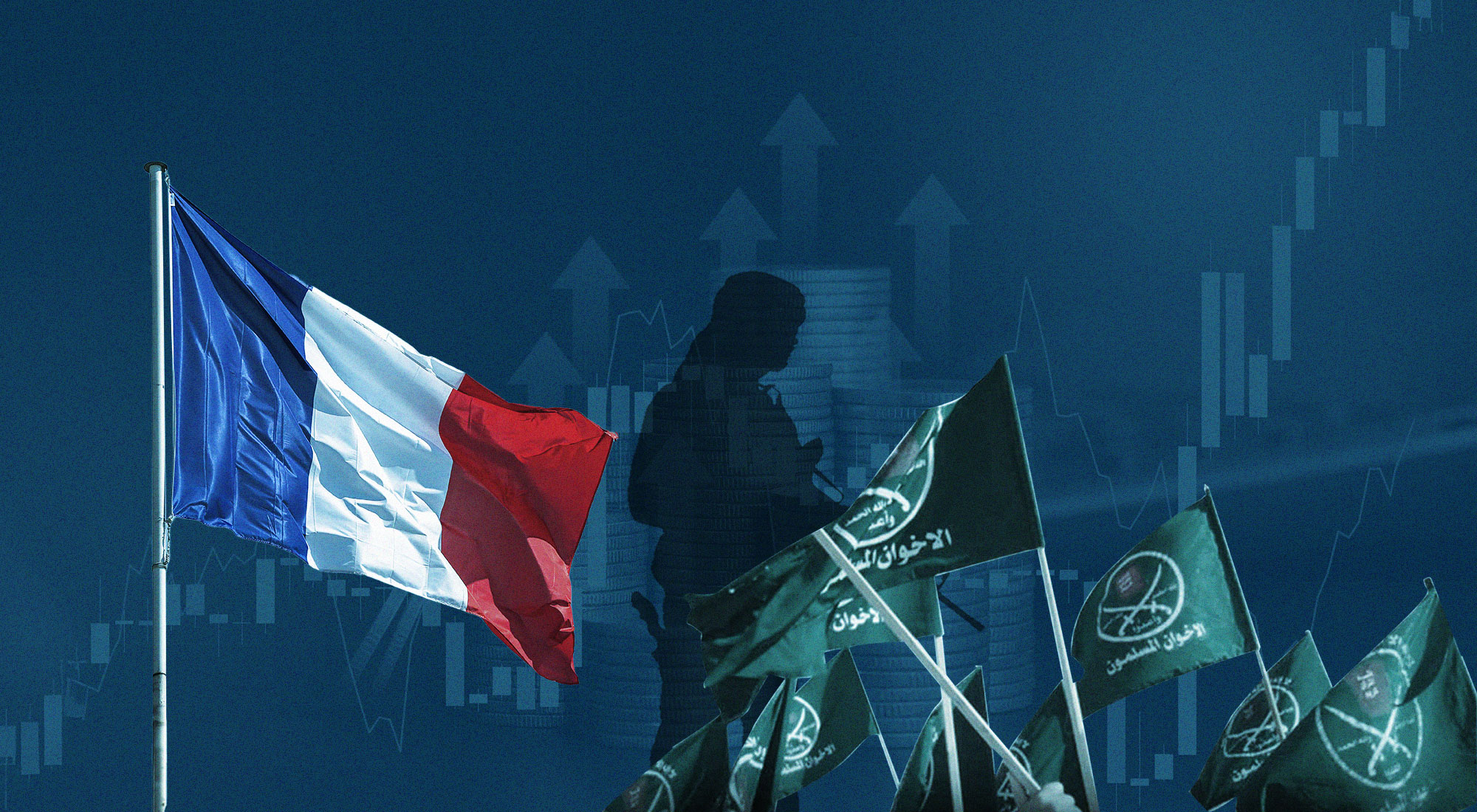
Snapshots
Implications of French Measures Against the Financing of the Muslim Brotherhood
12 Jul 2025
The French Republic is witnessing a significant shift in its approach to political Islamism, particularly represented by the Muslim Brotherhood and its institutional and individual extensions. Following the release of an official report on the “Threat of the Muslim Brotherhood” last May, the French government launched a series of security, financial, and administrative measures targeting individuals and entities linked to the organization. This move reflects a broader political shift in public sentiment toward the Brotherhood’s project, especially amid growing concerns about its impact on republican values and the stability of French society.
Among the most notable actions was the freezing of the assets of the European Institute of Human Sciences in the Nièvre department. The campaign also affected 12 other entities, including publishing houses, individuals, and institutions, which the authorities accuse of contributing to the Brotherhood’s infiltration of French society.
These measures reflect a corrective French vision aimed at curbing the destabilizing activities pursued by the Muslim Brotherhood, whether directly or indirectly. This strategic shift is a crucial step toward crippling the organization’s financial infrastructure and diminishing its negative media influence exercised through its various platforms. These developments align with French President Emmanuel Macron’s recent announcement of a draft law to combat the “Brotherhood’s infiltration,” indicating that this confrontation is likely to escalate into the legislative arena through stricter oversight of Islamic associations and centers linked to the organization.
These developments are expected to lead to three main outcomes: (1) Coordinated European Escalation: The “positive French contagion” may spread to other European countries, especially Germany and Belgium—known historical hubs of Brotherhood activity. We may soon witness a political-security alliance at the EU level. (2) Counter-Reactions: Brotherhood-affiliated or sympathetic groups may escalate tensions through protests or confrontations with authorities, aiming to exert media and political pressure to shift government policies targeting them. (3) Repositioning: The Brotherhood may attempt to reposition itself both geographically and organizationally by relocating affiliates to Turkey or the Balkans, shifting toward clandestine operations, and relying heavily on digital platforms to disseminate its message and organize activities.


